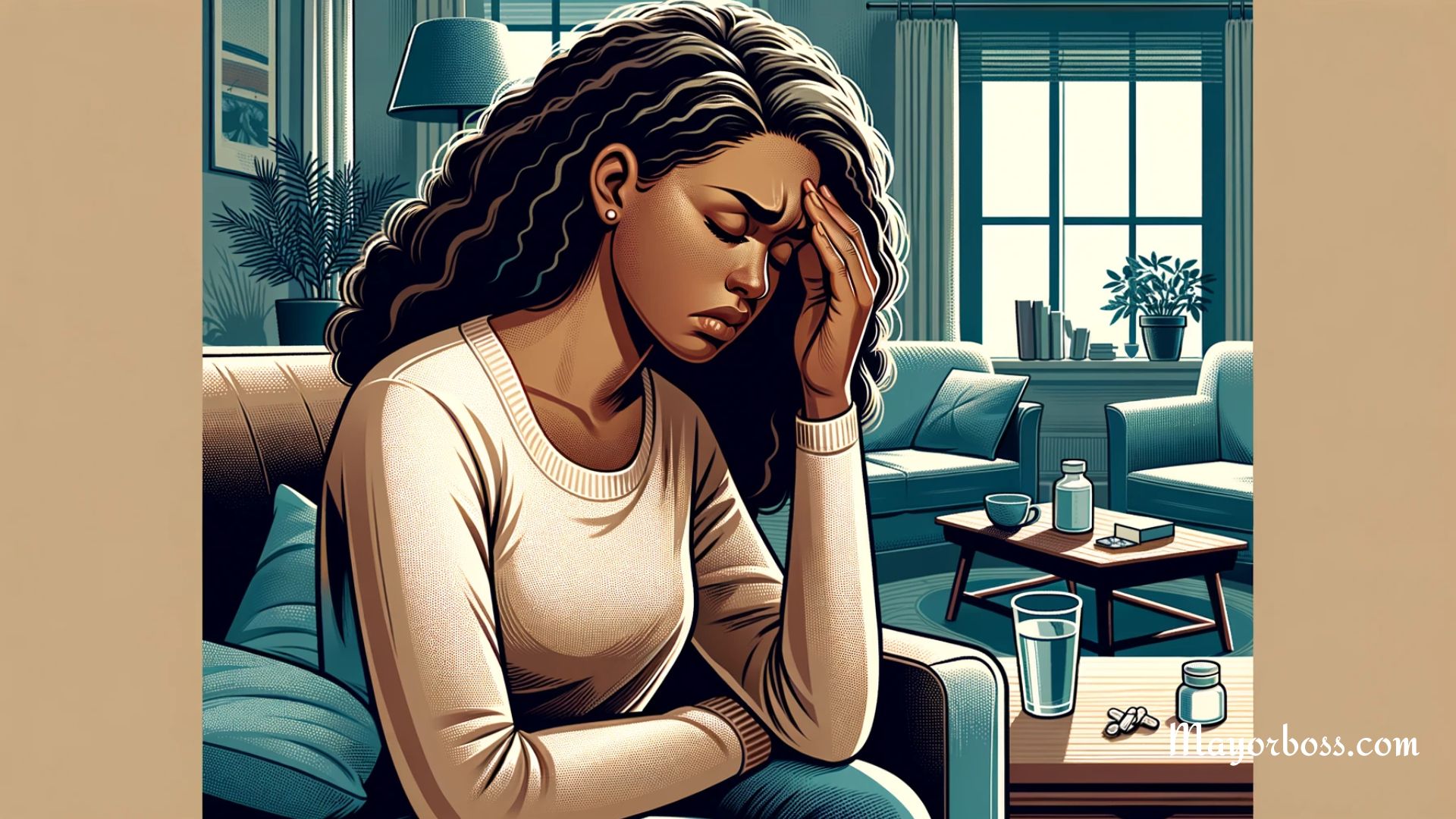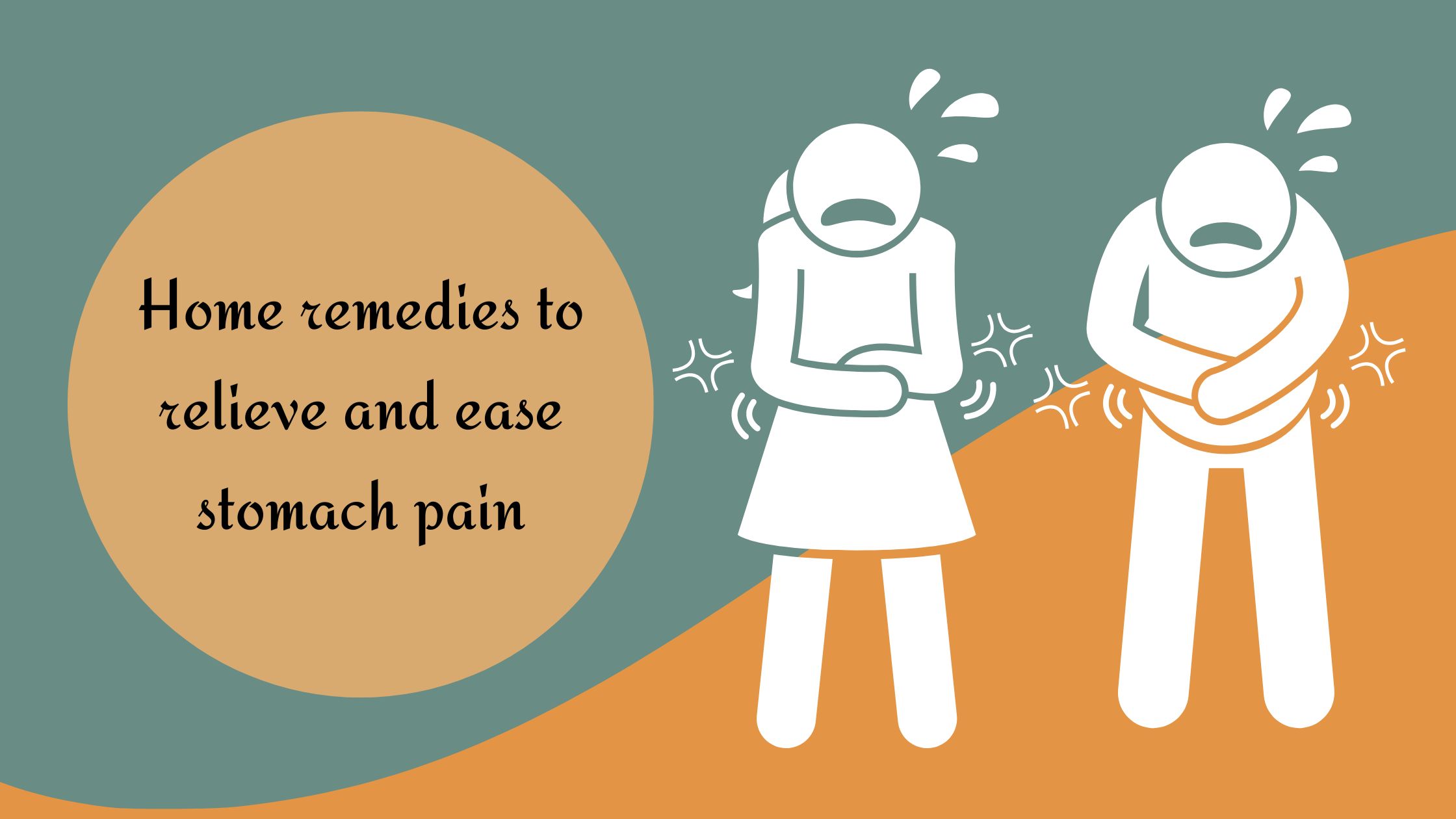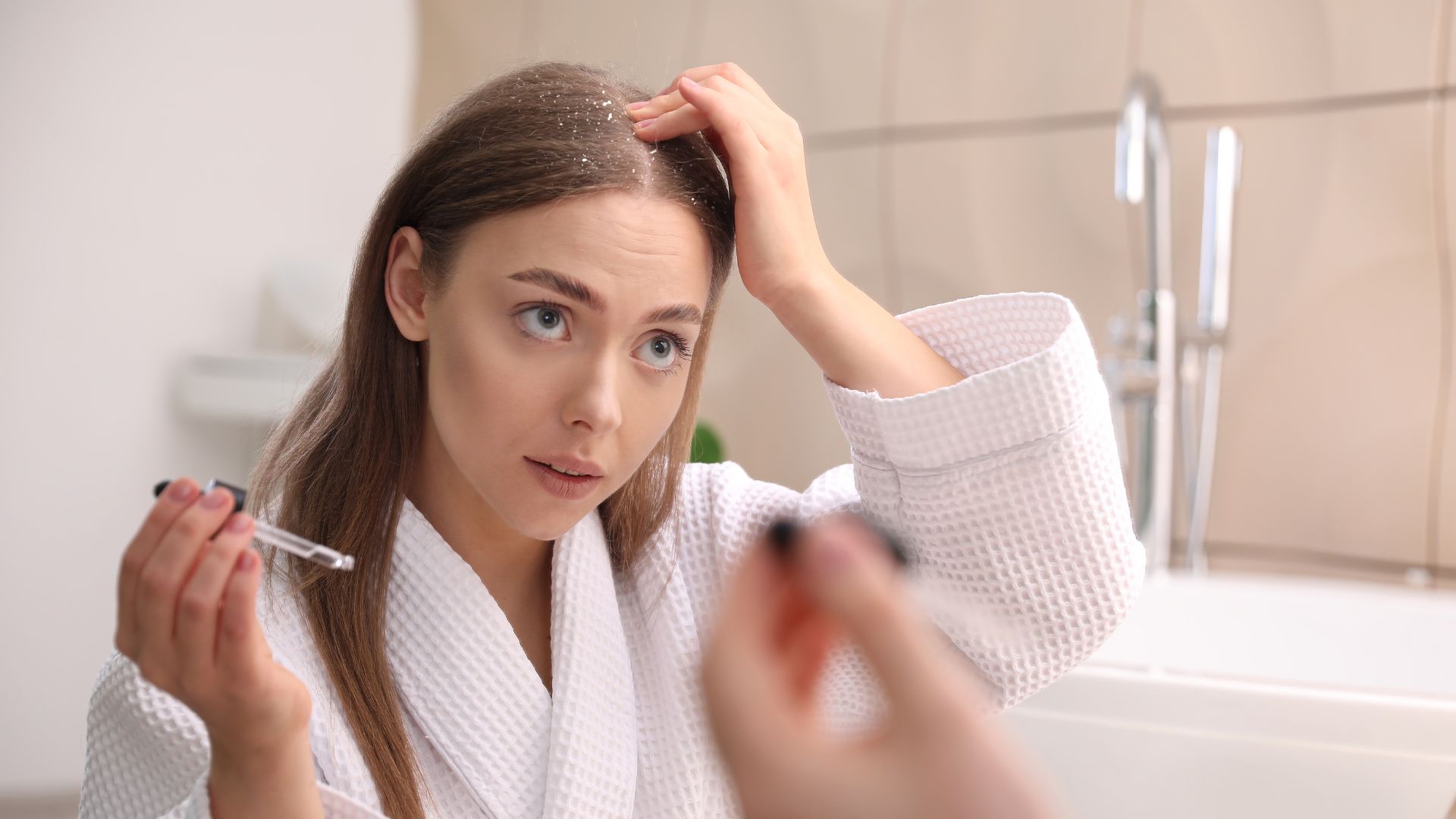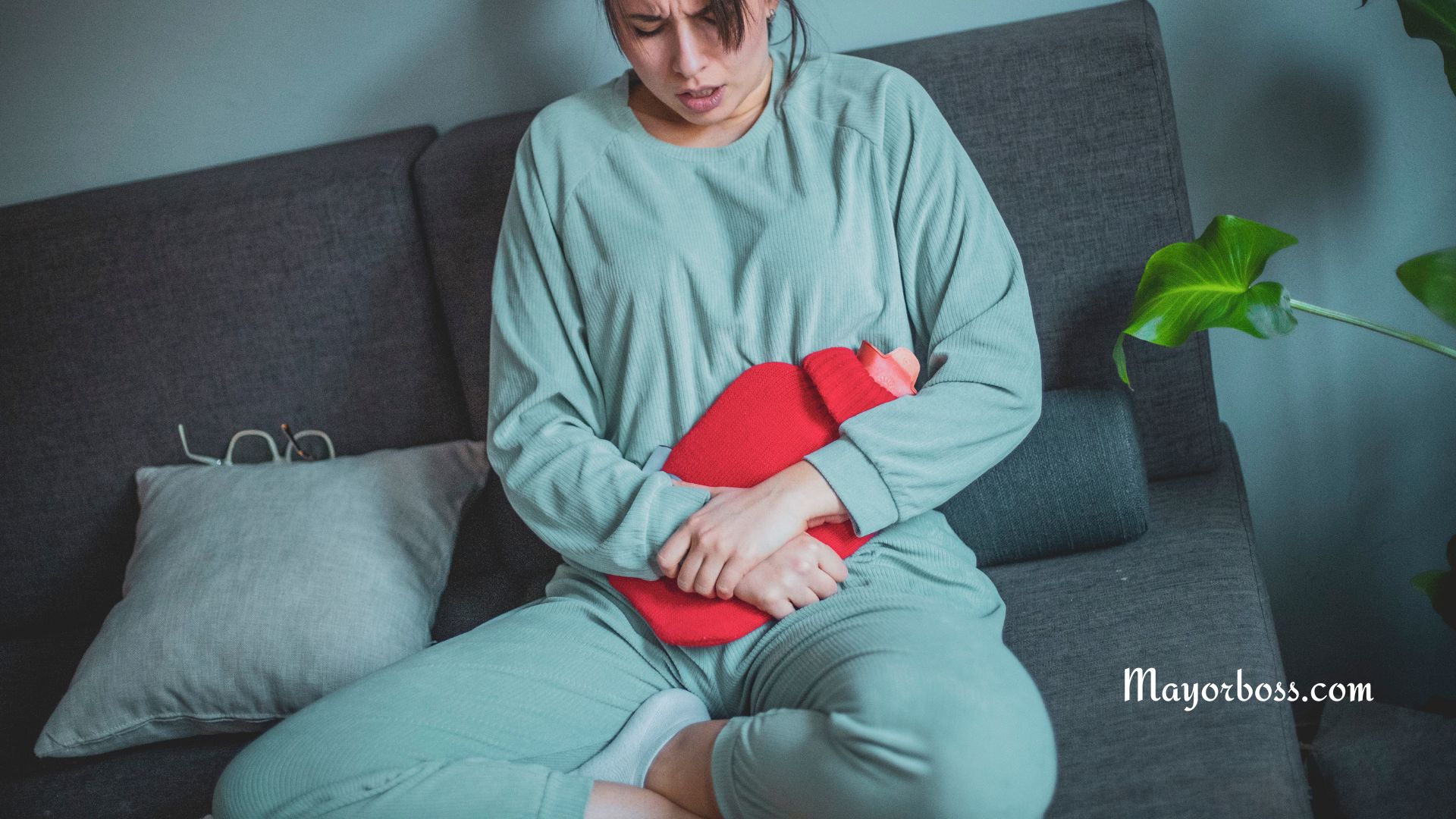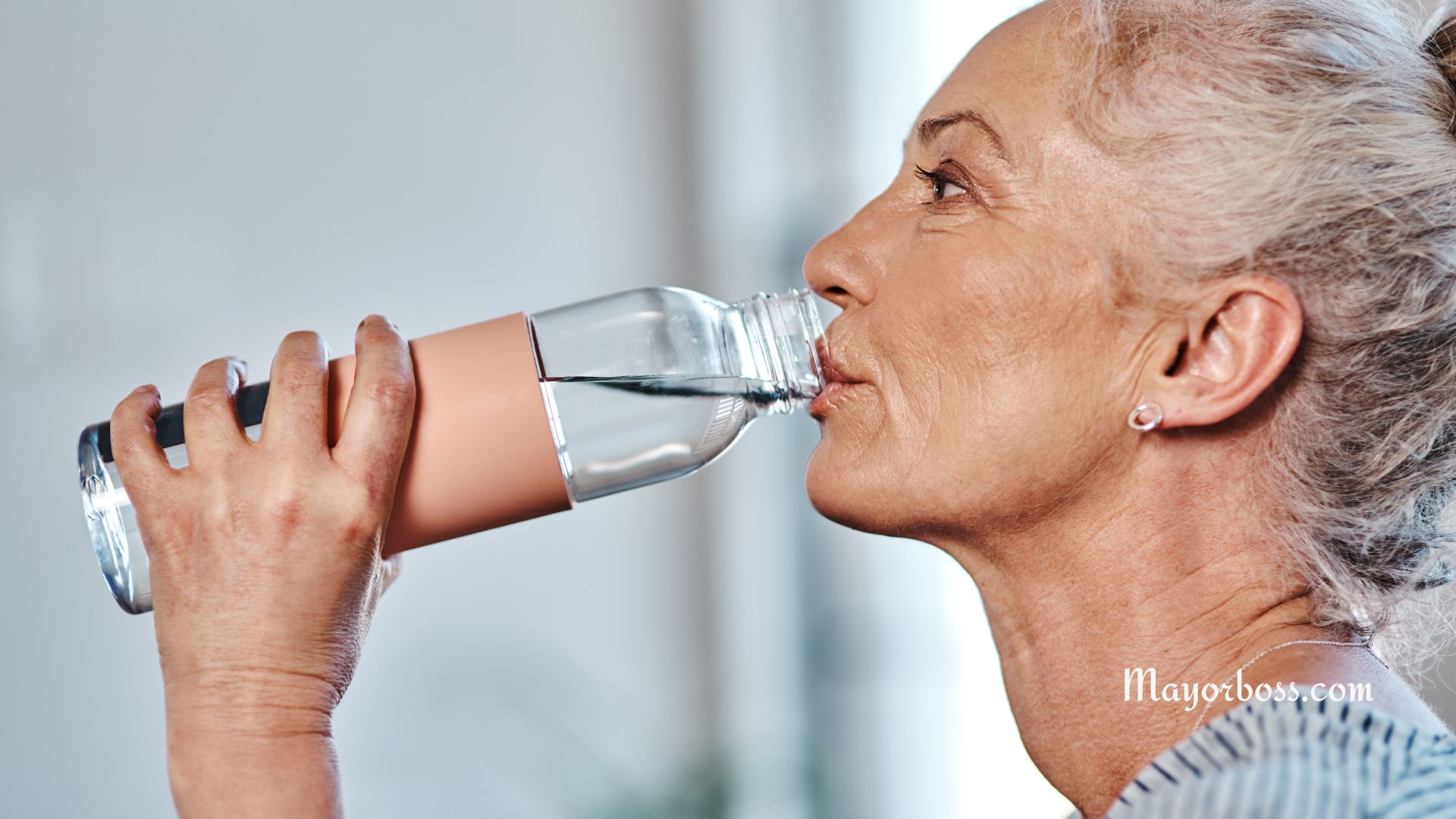8 Home Remedies for Jock Itch That Actually Work
- Some of the most effective home remedies for jock itch include topical antifungal cream or ointment.
- Other home remedies include talcum powder, baking soda, apple cider vinegar, or tea tree oil.
- To prevent a jock itch, it is important to keep the area clean and dry, wear loose-fitting clothing, and practice good hygiene.
Jock itch is a common fungal infection that affects the skin.
It is caused by a fungus called tinea cruris, which thrives in warm, moist environments.
As a result, you’ll most likely find jock itch in the groin, inner thighs, and buttocks.
Jock itch is more common in men than women, and it often occurs in play athletes or people who sweat a lot.
Symptoms of jock itch include itching, redness, and a rash that typically appears in a ring-shaped pattern.
The rash may also be accompanied by burning or pain. (1)
Jock itch is highly contagious, so it’s important to practice good hygiene and avoid sharing towels or clothing with others.
Fortunately, there are many home remedies for jock itch that can help clear it up fast.
Here are some of the best ones!
1. Apply a topical antifungal cream or ointment
The fast and easy way to treat jock itch is to apply an over-the-counter (OTC) antifungal cream or ointment.
Look for products that contain ingredients like miconazole, clotrimazole, or terbinafine.
Apply the cream to the affected area 2-3 times per day until the rash clears up. (2)
2. Dust the affected area with talcum powder
Talcum powder can help keep the area dry and prevent the fungus from spreading.
Apply it to the affected area 2-3 times per day.
3. Apple Cider Vinegar
Apple cider vinegar has antifungal and antibacterial properties that make it an effective home remedy for jock itch.
Soak a cotton ball in apple cider vinegar and apply it to the affected area.
Let it dry for 15 minutes before washing it off with warm water.
Repeat this 2-3 times per day.
4. Tea Tree Oil
Tea tree oil is another effective home remedy for jock itch.
It has antifungal, antibacterial, and anti-inflammatory properties that can help soothe the itch and clear up the rash.
Dilute tea tree oil with a carrier oil such as jojoba oil or coconut oil.
Then, apply it to the affected area 2-3 times per day.
5. Garlic
Garlic also has antifungal properties that make it an effective treatment for jock itch.
Simply crush a few cloves of garlic and apply the paste to the affected area.
Let it sit for 15 minutes before washing it off with warm water and pat dry.
Repeat 3 times per day.
6. Baking soda
Baking soda can help soothe the itch and dry out the rash.
Mix 1 tablespoon of baking soda with enough water to form a paste.
Apply the paste to the affected area and let it dry.
Wash it off with water.
Repeat 2-3 times per day.
7. Rubbing alcohol
Rubbing alcohol can help kill the fungus that causes jock itch.
Soak a cotton ball in rubbing alcohol and apply it to the affected area.
Don’t rinse with water.
Repeat 4-5 times per day.
8. Mouthwash
Mouthwash can be used to treat jock itch because it contains antifungal properties.
Simply apply mouthwash to the affected area with a cotton ball and let it dry.
Repeat this several times a day until the rash goes away.
How to Prevent Jock Itch from spreading
Basically, jock itch is often caused by poor hygiene, sweating, or tight-fitting clothing.
It can also be caused by sharing contaminated towels or clothing.
Therefore, the simple steps you can take to prevent jock itch are:
- First, always maintain good hygiene by showering regularly and washing the groin area with soap and water. Be sure to dry the area thoroughly afterward.
- Second, wear loose-fitting clothing made of breathable materials to help reduce sweating.
- Finally, avoid sharing towels or clothing with others who may have a jock itch.
By following these simple tips, you can help prevent this uncomfortable condition.
Takeaway
Jock itch is a common fungal infection that can be contagious.
But there are numerous home remedies for jock itch that can help clear it up fast.
Some of the best home remedies include OTC antifungal cream or ointment, talcum powder, apple cider vinegar, tea tree oil, or garlic.
You can also try baking soda, rubbing alcohol, or mouthwash.
If home remedies don’t work after 2 weeks, see a doctor.
They may prescribe stronger medications, such as antifungal pills.
Keep reading:

